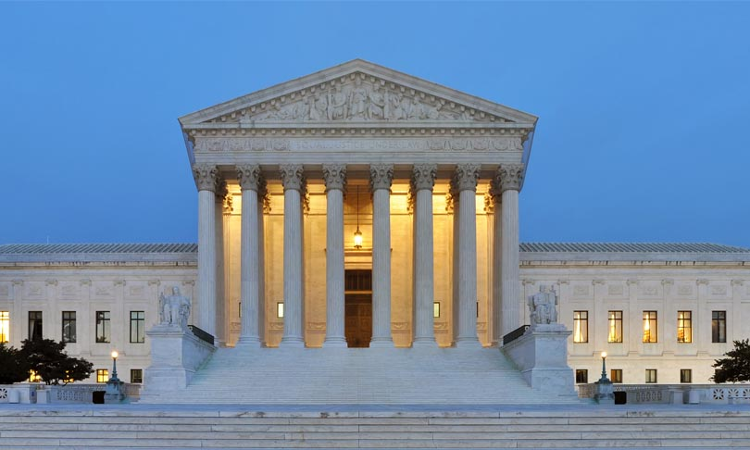US Supreme Court Allows Texas Immigration Law Despite Federal Challenge
Rajesh Kumar
24 March 2024 1:00 PM IST

Next Story
24 March 2024 1:00 PM IST
The United States Supreme Court has given the green light for Texas to immediately enforce a controversial immigration law, sparking widespread debate over federal versus state authority in immigration enforcement. The decision comes amidst a surge in migrant arrivals at the southern border, intensifying political tensions and raising questions about the nation's...
